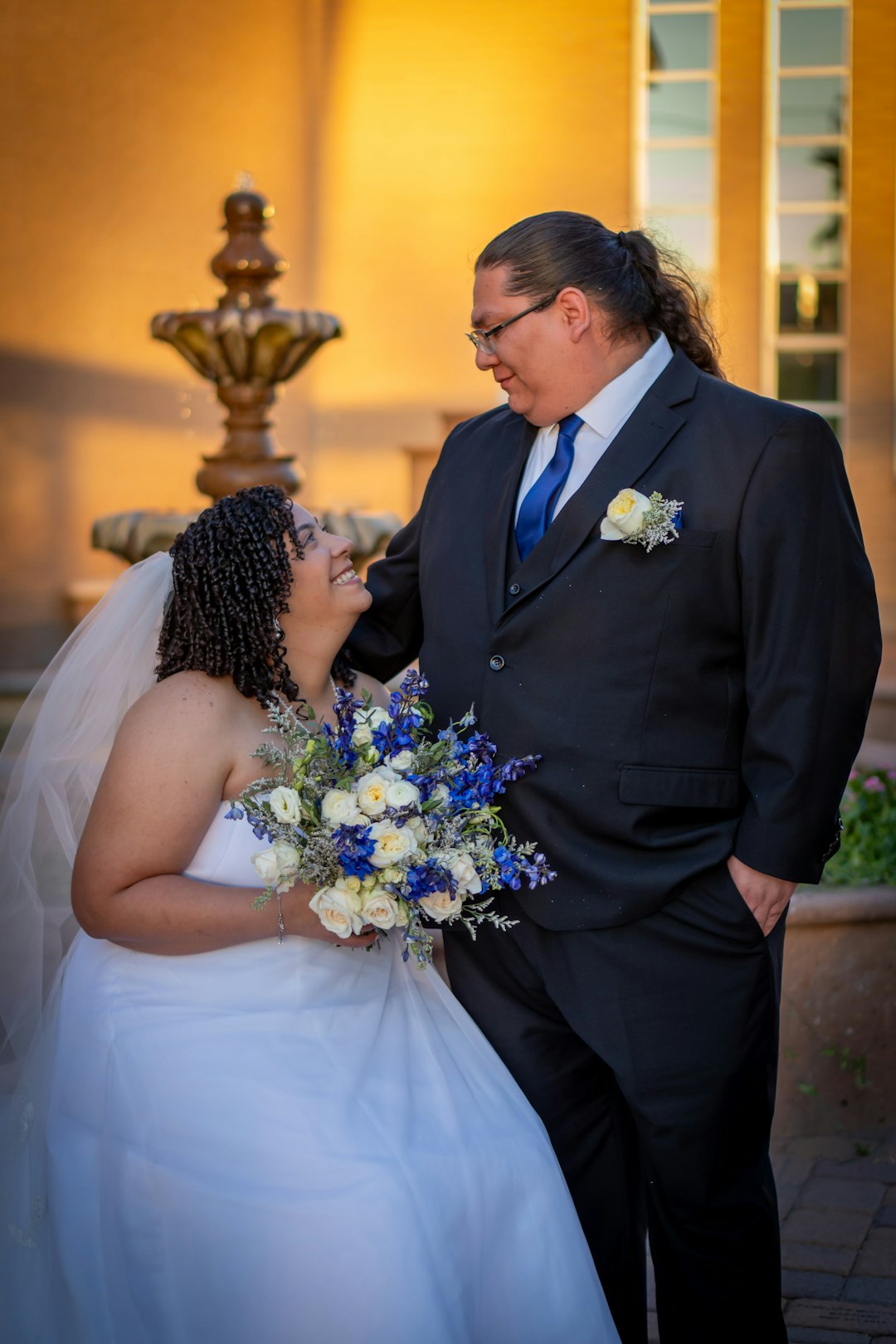Retirement is a time of great change and transition, and it can have a significant impact on your marriage. After years of working and raising a family, you and your spouse are now faced with a new chapter in your lives. While this can be an exciting time, it can also bring challenges to your relationship.
In this article, we’ll discuss five tips to help you maintain a happy and fulfilling marriage in retirement.
Tip 1: Communicate About Your Financial Security
One of the biggest concerns for couples in retirement is financial security. It’s important to have open and honest communication about your financial situation and how you plan to manage your finances in retirement.
Start by discussing your retirement goals and expectations. Do you want to travel? Downsize your home? Help your children financially? These are all important factors to consider when planning for your financial future.
It’s also essential to have a plan for managing your retirement income. Will you both have individual retirement accounts, or will you have a joint account? How will you handle any unexpected expenses? Having a clear understanding of your financial situation and goals can help alleviate stress and prevent conflicts in your marriage.
Tip 2: Find New Hobbies and Activities to Enjoy Together
Retirement is a great opportunity to try new things and explore new interests. It’s important to find activities that you and your spouse can enjoy together. This can help strengthen your bond and create new shared experiences.
Consider taking a class together, joining a book club, or volunteering in your community. These activities can help you stay active and engaged while also providing opportunities for quality time with your spouse.
Tip 3: Give Each Other Space
While it’s important to find activities to enjoy together, it’s also essential to give each other space. After years of working and raising a family, you and your spouse may have different interests and hobbies. It’s important to respect each other’s individuality and give each other the freedom to pursue those interests.
This can also be a great opportunity to try new things on your own. Take a solo trip, join a new club, or start a new hobby. This can help you maintain a sense of independence and personal growth in your marriage.
Tip 4: Set Relationship Goals
Just as you set financial goals for your retirement, it’s important to set relationship goals as well. This can help you stay connected and focused on your marriage during this new phase of life.
Consider setting goals for communication, intimacy, and quality time together. This can help you prioritize your relationship and ensure that it remains a top priority in your retirement.
Tip 5: Seek Professional Help if Needed
Retirement can bring significant changes to your relationship, and it’s normal to experience some challenges and conflicts. However, if you find that you and your spouse are struggling to maintain a happy and healthy marriage, it may be beneficial to seek professional help.
A marriage counselor or therapist can provide a safe and neutral space for you and your spouse to discuss any issues and work towards solutions. They can also provide valuable tools and techniques for improving communication and strengthening your relationship.
Conclusion
Retirement is a time of great change, but it can also be a time of great joy and fulfillment. By following these tips, you and your spouse can maintain a happy and healthy marriage in retirement. Remember to communicate openly about your financial situation, find new activities to enjoy together, give each other space, set relationship goals, and seek professional help if needed.
With these tips, you and your spouse can navigate this new chapter in your lives and continue to build a strong and loving relationship.
References
- ARP (www.aarp.org) – A leading nonprofit organization that provides information and resources for people aged 50 and older.
- Mayo Clinic (www.mayoclinic.org) – Renowned medical research institution that offers trusted health information and advice.
- The American Psychological Association (www.apa.org) – The largest professional association of psychologists, providing authoritative information on various psychological topics.
- Forbes (www.forbes.com) – A reputable business and finance magazine that covers a wide range of topics, including retirement planning and personal finance.
- The National Institute on Aging (www.nia.nih.gov) – Part of the U.S. National Institutes of Health, this institute conducts research on aging and provides evidence-based information on healthy aging.
Here are some local support resources for retired people in Sarasota and Venice, FL:
- Senior Friendship Centers – Sarasota (www.friendshipcenters.org/sarasota) – Provides a wide range of programs and services for seniors including meals, transportation, health and wellness programs, and social activities.
- Friendship Centers – Venice (www.friendshipcenters.org/venice) – Offers similar programs and services as the Sarasota location, including meals, transportation, health and wellness programs, and social activities.
- Sarasota County Aging Network (www.scgov.net/health/agingnetwork) – A network of organizations and agencies that collaborate to meet the needs of older adults in Sarasota County. They offer information, support, and resources for seniors and their families.
- Senior Advocacy Council of Venice (www.senioradvocacycouncilvenice.org) – A non-profit organization dedicated to improving the quality of life for seniors in Venice. They provide education, advocacy, and support for older adults and their caregivers.
- Area Agency on Aging for Southwest Florida (www.aaaswfl.org) – Offers a variety of services and programs for seniors, including caregiver support, senior center activities, transportation assistance, and access to health and wellness resources.
These local support resources can provide valuable assistance, social engagement, and resources to help retired individuals in Sarasota and Venice, FL lead fulfilling and independent lives.























